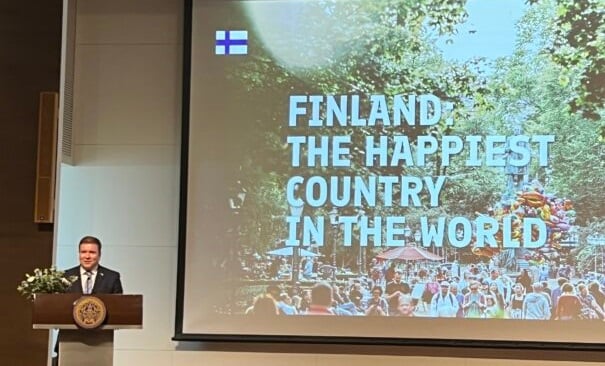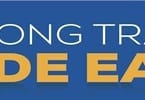They were struggling even before the rise in oil prices and it would hardly be a stretch to call the industry one of the most disliked in America. The only service left to airline passengers is low fares. If those go away, so will the consumers.
Holman W. Jenkins, Jr. of the Wall Street Journal expects a nasty fallout for the airline industry. But he does have two suggestions as to how the government might help ease the troubles.
1) Repeal limits on foreign ownership. Air France was ready to pump $750 million into the Delta-Northwest merger, until the airlines waved Paris off fearing political backlash. British Air would love to buy American. As part of larger global networks, domestic carriers would be supported by a much less volatile financial structure. Says Giovanni Bisignani, head of the International Air Transport Association: “How many car manufacturers do you have in the world — 20 or 30? We have over 1,000 airlines.”
2) Admit our antitrust laws don’t have all the answers. Basic property rights and freedom of contract are necessarily abridged when businesses are forbidden from negotiating with competitors. But in “code-sharing,” airlines have a ready-made way to collude to preserve capacity in a downturn without losing their shirts. Give airlines license to enter and exit these deals at will. Any abusive pricing would surely attract new entrants to compete away excessive profits. Fewer giveaway fares might be available on the Web, but passengers would get more of the services they are genuinely willing to pay for.
Obviously, the airline industry in America will survive in one capacity or another. Removing some of the current regulations on airline ownership and allowing more flexibility in entering and leaving code-sharing agreements could make the transition from today’s market to tomorrow’s market smoother. It’s at least more preferable to another massive bailout financed by taxpayers.
donklephant.com






















